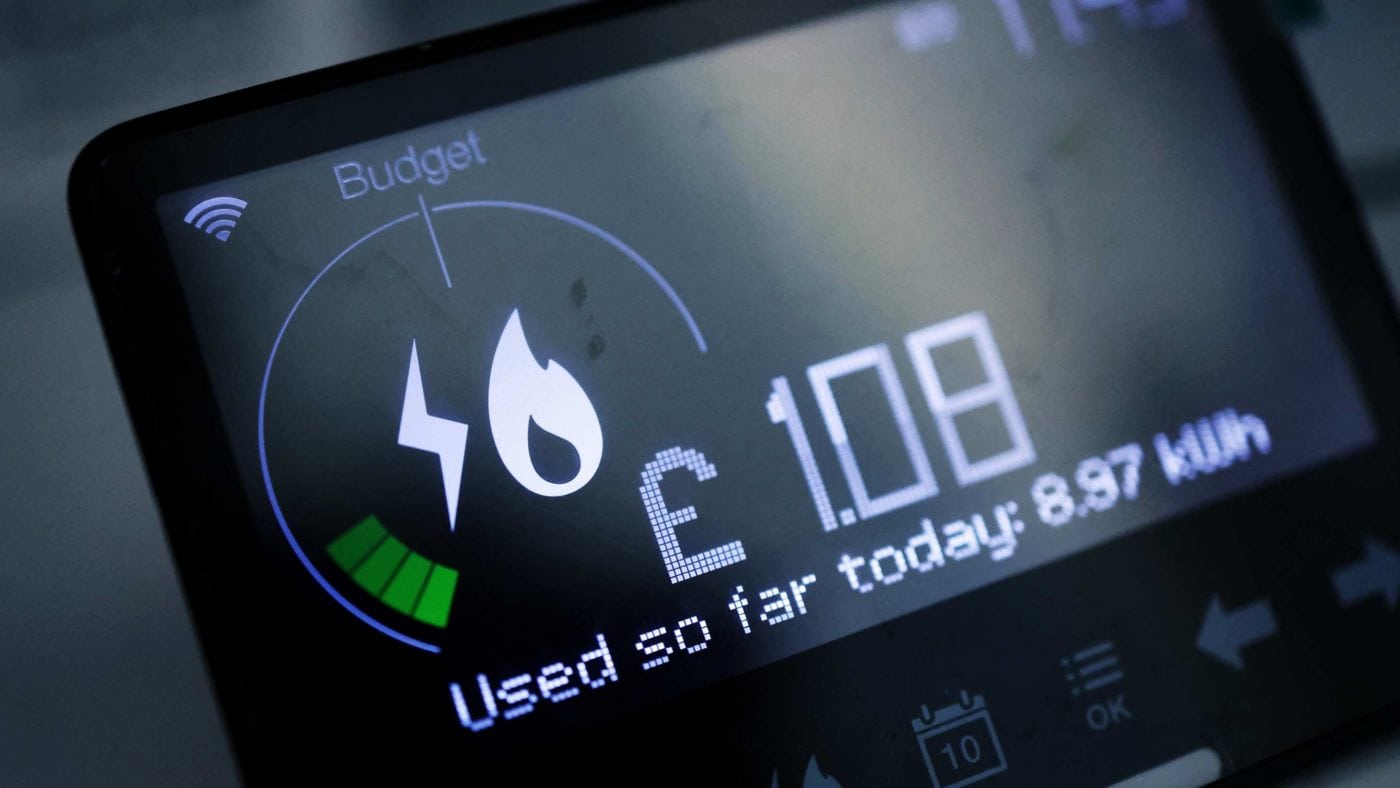If the intention of the Truss administration is to be radically free market, starting off with a socialist energy price freeze would be a bad signal. It would be very much Continuity Johnson, talking up the benefits of markets while delivering Labour-lite for fear of offending swing-voters. Holding her nerve on letting energy markets work, while addressing hardship through targeted welfare support and tax cuts is the harder but wiser path.
Freezing energy prices has populist appeal and is currently being talked up across Europe. In the UK, opposition parties have proposed several versions, notably Labour’s suggestion to spend at least £29bn freezing the UK domestic energy price cap at current levels. This would shield billpayers from the imminent 80% rise set for October, and another jump in January. The crisis, however, will not be over by March 2023. We are expecting full year bills to be 3-4 times higher than they were in 2021, or £5,000-6,000 per household. That would mean Labour’s plan costing £120bn, more than twice the cost of the furlough scheme.
Other versions of price controls are more targeted, including social tariffs (Resolution Foundation) and tiered relief (Policy Exchange). In the unlikely event they could be implemented quickly, these would cost less, but would still be expensive and hard to remove once imposed. The EU are considering capping prices paid to Russia for their gas, on a ‘take it or leave it’ basis. Since Russia is currently flaring gas rather than sell it to Germany, the ‘leave it’ outcome seems more likely, merely guaranteeing the EU will need to source supply elsewhere sooner.
All of this is unwise. Price signals, however uncomfortable are the market’s way of telling us we have a problem. Today’s high prices mean too much demand is chasing too little supply. The consequences, though, are dynamic: increasing the supply of gas from other sources, like UK fracking; investing in efficiency and non-gas supply, like renewables, nuclear and hydrogen; and reducing demand. Left to function, market dynamics interact to address the problem.
Genuine price caps, on the other hand, ultimately lead to shortages. Firms cannot operate at a loss for long, and governments cannot control all their bills. A small version of this played out in the UK retail energy sector at the end of last year, leading to 29 companies going under.
Caps also don’t work. If the EU, UK, or others impose caps, there is an advantage in your cap being higher than others to attract cargoes, leading to ratchet increases, until you are once again at market prices. Price masking of the kind Labour advocates does avoid some of these issues, but protects the revenue of existing companies at the expense of competition, which in turn distorts incentives to innovate and improve efficiency. Long-term pain for short-term gain.
The more serious impact from both, however, is reducing pressure to bear down on demand, prolonging the crisis. Politicians reasonably focus on the rough end of this, people forced to choose between ‘heating and eating’, but that is the purpose of targeted welfare.
A general price freeze subsidises executive swimming pools and heating empty buildings. A partial price freeze reduces the impact of smaller nudges like turning down thermostats. Both undermine incentives to invest in new insulation, heat pumps, and other long-term solutions – the very things the Government is otherwise raising bills to fund through targeted subsidies.
The final problem is that price controls multiply. If we freeze domestic prices, then why not do the same for small businesses? If energy then why not food, water, transport, and other essentials?
Clearly the Government cannot endlessly borrow to maintain fictional living standards, and the last time we tried in the 1970s we ended up being bailed out the IMF. The wise path, then as now, is to confront this illusion, let the market work, and not introduce an energy price freeze.
Click here to subscribe to our daily briefing – the best pieces from CapX and across the web.
CapX depends on the generosity of its readers. If you value what we do, please consider making a donation.


